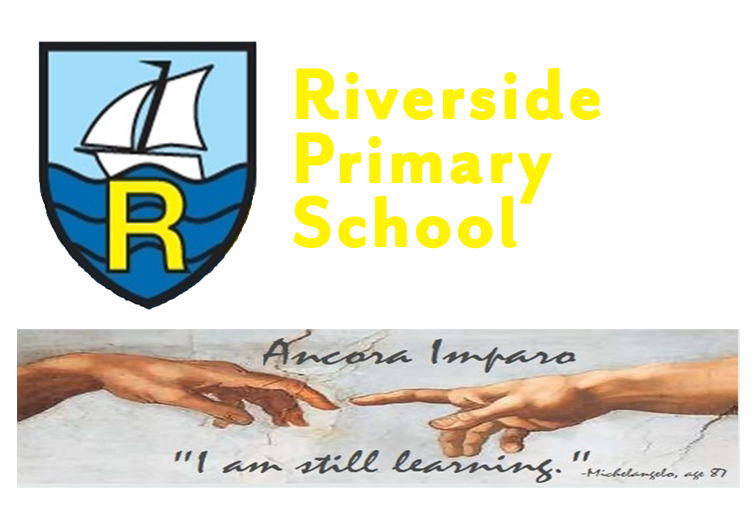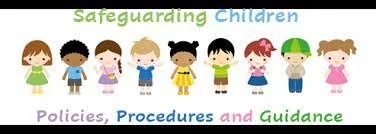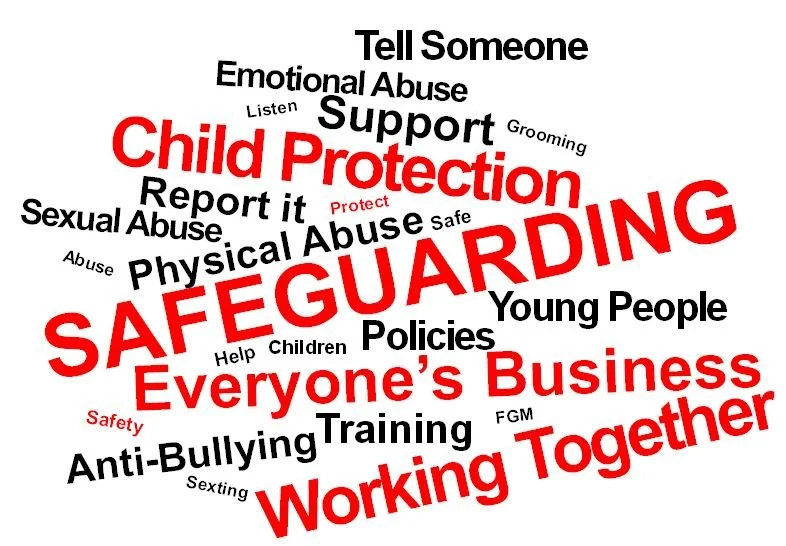Policies and Key Information
Areas of Safeguarding
Our safeguarding policies cover all areas of school life and include:
Staff & Visitors- ensuring they are vetted, informed & trained.
Children’s Behaviour- promoting safer & happier behaviours & lifestyles.
Parents & Carers- promoting links & supporting families.
Premises -keeping them safe, secure, pleasant & fit for purpose.
Curriculum -providing positive, life affirming learning experiences.
Outside School- ensuring safer activities and environments outside school.
We have a duty to ensure that we safeguard children across wide and varied aspects of children and families needs. These are set out in the government publication; Keeping Children Safe in Education, and are detailed as:
Abuse
physical Abuse
emotional abuse
sexual abuse
neglect
Plus the Specific Safeguarding Issues of:
child missing from education – see page 13
child missing from home or care
child sexual exploitation (CSE) – see page 14
bullying including cyberbullying
domestic violence
drugs
fabricated or induced illness
faith abuse
female genital mutilation (FGM) – see page 14
forced marriage
gangs and youth violence
gender-based violence/violence against women and girls (VAWG)
mental health
private fostering
preventing radicalisation – see page 15
sexting
teenage relationship abuse
trafficking
Safer Recruitment
We follow strict procedures to ensure that everyone who works with our children is vetted, keeping our children as safe as possible. At least one senior member of staff and governor is qualified in Safer Recruitment Procedures and oversees all recruitment processes.
Staff Training
Staff are trained in child protection issues and they are aware of the procedures to follow. Staff training is delivered via a variety of means: face to face in and out of school training (including the Local Safeguarding Children's Board specialist courses), online refreshers and information raising, document sharing and on-going professional dialogues during staff meetings.
Staff are encouraged to be vigilant in order to maintain the safety of our children and their concerns are discussed and handled appropriately.
Child Protection with Safeguarding Policy
All staff have an up-to-date understanding of safeguarding children issues and are able to implement the safeguarding children policy and procedure appropriately. Policies are in line with current guidance and procedures. A copy of the policy is at the bottom of this page.
Staff are able to respond appropriately to any:
significant changes in children’s behaviour;
deterioration in their general well-being;
unexplained bruising, marks or signs of possible abuse;
signs of neglect;
comments children make which give cause for concern.
All staff are aware of the need to maintain privacy and confidentiality. Parents are informed via the website and through newsletters in relation to our duty and procedures to protect their children.
Information Sharing
We have an obligation to obtain necessary information from parents in advance of a child being admitted to school, including:
emergency contact numbers;
the child’s special dietary requirements, preferences or food allergies the child may have;
the child’s special health requirements;
information about who has legal contact with the child; and who has parental responsibility for the child.
Written parental permission is requested, at the time of the child’s admission to the provision, to the seeking of any necessary emergency medical advice or treatment in the future.
PARENTS & CARERS MUST TELL US OF ANY CHANGES TO THESE DETAILS.
We take confidentiality very seriously. Any information which we hold is treated as confidential and shared on a ‘need-to-know’ basis.
Links with External Agencies
Because our first concern must be the well-being of your child, there may be occasions when we have to consult other agencies before we contact you. The procedures we have to follow have been laid down in accordance with the local authority child protection procedures, which are included as part of our policy below.
We are fortunate to be supported by a range of external agencies which can be called upon to support the work we do in school. These include School Nurse, Health Practitioners, Educational Psychology, Child & Adolescent Mental Health Services, Behaviour Support, Social Services and Specialists in supporting Special Educational Needs.
Reporting Concerns or Complaints
Further to the above procedures, we have in place a concerns and complaints policy. A copy is detailed on our Policies page. This enables children, staff and carers to report anything they feel is of concern.
Concerns should be raised in the following order.
To the Class Teacher. Then, if there is no resolution;
To the Head Teacher. Then, if there is no resolution;
To the Chair of Governors. Then, if there is no resolution;
To the Local Authority.
Contact details are available from the school office.
If you have a safeguarding concern, then this should be brought to the attention of Mrs Lahive, in the first instance. In her absence, this should be reported to Miss Parsley or Mrs Bowness
Review of Policy and Practice
In order to ensure that best practice is maintained, our policies are reviewed at least regularly to incorporate the latest statutory guidance emerge.
If you would like more information on safeguarding, please contact Mrs Lahive, Miss Parsley or Mrs Bowness, who will be happy to discuss matters further with you.





